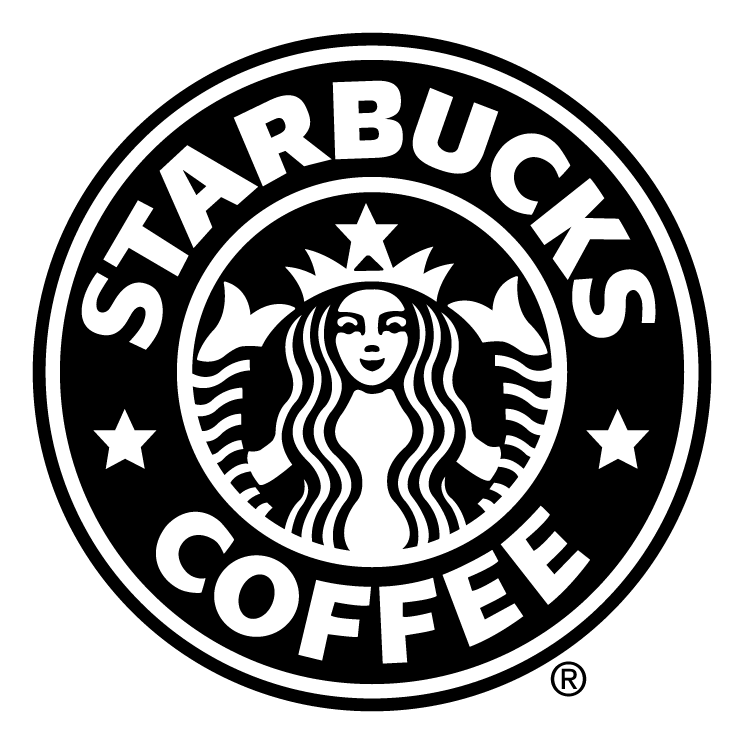Us media say Starbucks planted the seed of self-destruction in China: rotten street
The article on the Forbes bi-weekly website on February 16, the original question: is Starbucks planting the seed of self-destruction in China? "people come here," a Starbucks employee in Jiangsu stammered to me, "because it's expensive and extravagant." "luxury?" I asked. "Yes, luxury."
Her words sum up a basic component of Starbucks' success in China. When Starbucks entered China at the end of the last century, it coincided with the rise of new urban white-collar workers. They like to go to coffee chains, in addition to practical meetings, rest and other purposes, but also to show off their upper-middle-class identity.

Starbucks was once seen as a gathering place for the international elite in China, and its stores tend to be in high-end neighborhoods with dense crowds, with fully open windows that allow passers-by to see the rich sitting inside.
But can the brand's advanced identity continue as Starbucks plans to increase its stores in China from 1900 to 4400 over the next five years?
"in the past, one of the reasons (it was successful) was that Starbucks drinks were more expensive than other cafes and had a better environment," said Ye Qiu, a resident in Ordos. "if you had a cup of coffee or a piece of cake in the store, you could take a picture and post it on social media. Your friends will think that'he is rich'or'he likes to drink coffee and has good taste'. It's like people who used to have iPhone can show off to their friends. But now people are rich and there are Starbucks and iPhone everywhere. "
As China's white-collar class continues to rise rapidly, being able to spend money at Starbucks can no longer reflect its identity. "there is a word in Chinese called 'Bad Street', which means that if everyone has it, it will be nothing special," Ye Qiu said. "so if someone still posts a picture of drinking coffee at Starbucks online, people will not think he has money or taste, but will think he is low."
When Starbucks entered the Chinese market, there were few competitors. But things are different now. A number of coffee chains have entered China, such as Costa in the UK, Pacific in Hong Kong, Man Coffee in South Korea and Shangdao in Taiwan. And boutique cafes, which are blooming and bearing fruit all over China, are perhaps the biggest threat to Starbucks' rule.
The article comes from the Global Times
Important Notice :
前街咖啡 FrontStreet Coffee has moved to new addredd:
FrontStreet Coffee Address: 315,Donghua East Road,GuangZhou
Tel:020 38364473
- Prev

What are the advantages of rainforest certified coffee? What is rainforest certified coffee?
Rainforest Alliance Overview Rainforest Alliance (RA) was founded in 1987, headquartered in New York, USA. It is not only a non-profit international non-governmental environmental protection organization, but also the largest and most authoritative professional FSC certification organization recognized by FSC. Its mission is to protect global ecosystems and make a living by changing land use patterns, business and consumer behavior.
- Next

US dietary guidelines first suggest how much coffee is appropriate for Taiwan's National Health Administration to assess?
The latest dietary guidelines, released last month and updated every five years, for the first time give clear advice on daily caffeine intake: healthy adults can drink three to five cups of coffee a day, but no more than 400 milligrams. Will the domestic dietary guidelines follow up on this? The National Health Administration said that it still needs to collect relevant empirical studies and evaluate them together with the eating habits of Chinese people. (Yellow
Related
- Can lightly roasted coffee beans be used to extract espresso? How finely should you grind high-quality coffee beans to make Italian latte?
- What is the difference between the world's top rose summer coffee and Yejia Shefi? What are the flavor characteristics of Yega Shefi coffee and Panama rose summer?
- The ceremony is full! Starbucks starts to cut the ribbon at a complimentary coffee station?!
- A whole Michelin meal?! Lucky launches the new "Small Butter Apple Crispy Latte"
- Three tips for adjusting espresso on rainy days! Quickly find the right water temperature, powder, and grinding ratio for espresso!
- How much hot water does it take to brew hanging ear coffee? How does it taste best? Can hot water from the water dispenser be used to make ear drip coffee?
- What grade does Jamaica Blue Mountain No. 1 coffee belong to and how to drink it better? What is the highest grade of Blue Mountain coffee for coffee aristocrats?
- What are the flavor characteristics of the world-famous coffee Blue Mountain No. 1 Golden Mantelin? What are the characteristics of deep-roasted bitter coffee?
- Can I make coffee a second time in an Italian hand-brewed mocha pot? Why can't coffee be brewed several times like tea leaves?
- Hand-brewed coffee flows with a knife and a tornado. How to brew it? What is the proportion of grinding water and water temperature divided into?

